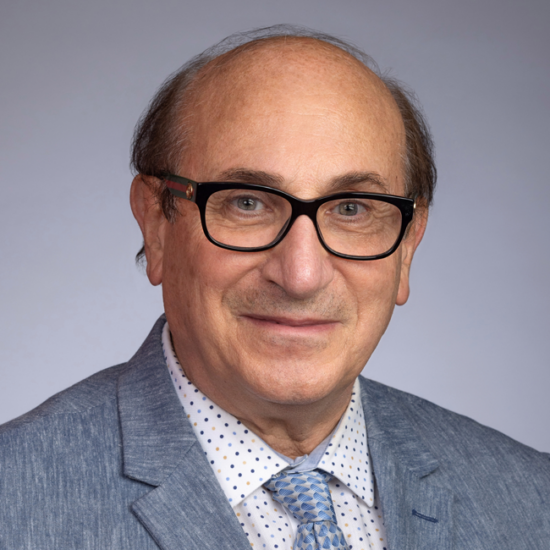The University of Illinois College of Medicine has extensive experience in international education. We collaborate with over 100 institutions worldwide, international programs for undergraduate and postgraduate students, exchange programs, research collaborations, and consultations with international institutions and partners.
A Message from our Associate Dean Heading link
Interest in international electives are at an all-time high and our Office is dedicated to cultivating a global network of medical schools and hospitals, which provide our students the opportunities to train in a foreign country, as well as admitting highly qualified medical students to participate in clinical electives at the University of Illinois College of Medicine. These enriching educational opportunities for medical students, both domestic and international, are embedded in our goal to nurture culturally competent physicians-in-training.
I wish you the very best of luck as you pursue your dream of becoming a well-trained, culturally-competent physician with international experience.
Ara Tekian, PhD, MHPE
Associate Dean, International Education
Mission, Vision and Tasks Heading link
-
Our Mission
We provide leadership in international medical education, oversee all collaborations and programs for international medical education, create and promote international education exchange programs for students and faculty, explore international markets for partnership in educational endeavors, foster an educational environment that embraces multicultural perspectives, and explore funding opportunities that support international educational activities.
We strive to educate culturally competent physicians-in-training and create an internationally recognized program, which embraces and promotes the importance of our mission.
-
Our Goals
- Establish collaborations with institutions worldwide to promote exchange of students and faculty with interests in international education.
- Create partnerships with academic institutions and medical corporations that have specific needs in education in cutting edge procedures, skills and innovations.
- Survey and search for new markets for the establishment of medical schools and other education programs, where UI COM educational expertise could be beneficially utilized.
- Explore funding opportunities to support a variety of international education activities.
-
Our Tasks
- Arrange electives for international visiting students to obtain clinical education at UI COM.
- Advise and provide contacts to UI COM medical students who desire to expand their clinical education in developing countries and with under served populations.
- Construct and maintain a comprehensive database where any kind of COM international educational experience could be searched and used for appropriate education purposes.
- All Away-International Electives must be approved by UI COM’s Office of International Education

